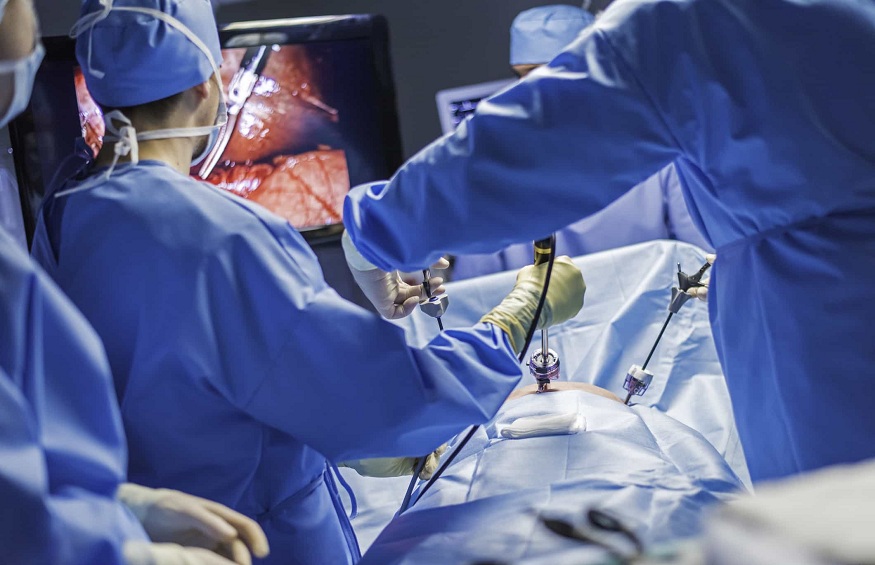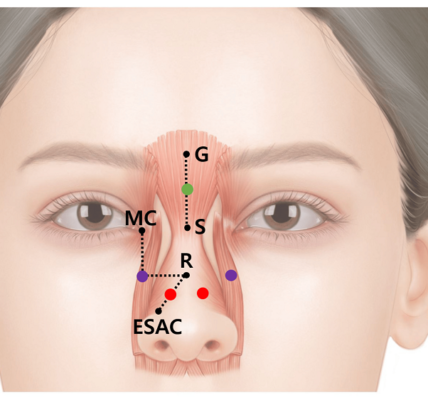Inguinal hernia surgery is recognized as one of the most commonly performed hernia surgeries. Inguinal hernias manifest as lumps or swellings in the groin area. Factors such as old age, injury, obesity, or sudden strenuous activities are, generally, linked to the formation of these hernias in men. Inguinal hernia can be rather discomforting and inconvenient. Thankfully, advancements in medical science have introduced different surgical interventions as reliable solutions. If you’re considering hernia surgery in Dallas or Fort Worth, consult a trusted and experienced hernia surgeon in the area. In this blog, we will present a comprehensive guide, highlighting the intricacies of inguinal hernia surgery and equipping you with the introductory knowledge to have an informed discussion with your hernia surgeon.
What is Inguinal Hernia Surgery?
Inguinal hernia surgery is a procedure performed to repair a hernia that occurs in the groin region. An inguinal hernia develops when a portion of the intestine or other abdominal tissues protrudes through a weak spot or opening in the abdominal wall, typically in the inguinal canal. During the surgery, a skilled hernia surgeon carefully pushes the protruding organ back into its proper place and closes the opening using appropriate measures. If you are in search of inguinal hernia surgery in the DFW area, consult with a reputable hernia surgeon with a proven track record of successful hernia repairs.
When is Inguinal Hernia Surgery Recommended?
Inguinal hernia surgery is an effective treatment for the condition. However, it is not recommended for everyone. Hernia surgeons typically advise surgery in cases with persistent and serious symptoms or complications, including:
Obstruction: This occurs when a section of the bowel becomes trapped in the inguinal canal, leading to symptoms such as stomach pain, nausea, vomiting, and a painful lump in the groin.
Strangulation: It is a severe condition where a section of the bowel becomes trapped and the blood supply is cut off. Strangulation requires emergency surgery to release the trapped part and restore blood flow to prevent tissue death.
Prompt surgical intervention in both cases can alleviate symptoms, prevent complications, and protect the patient’s well-being. If you are experiencing painful symptoms, consult with a hernia surgeon for a thorough evaluation and appropriate medical advice.
How is Inguinal Hernia Surgery Performed?
There are two primary approaches to inguinal hernia surgery: open surgery and laparoscopic surgery.
Open Surgery: The hernia surgeon makes a large incision near the hernia and repairs it by either pushing the protruding tissue back into place or by using a mesh to reinforce the weakened area. Open surgery, while effective, involves more risks and is performed less frequently.
Laparoscopic Surgery: Also known as minimally invasive surgery, a laparoscopic hernia repair involves making several small incisions and using a laparoscope and specialized instruments to perform the repair. This technique is the most frequently performed for inguinal hernias repair by surgeons in Fort Worth.
Both types of surgery have their own merits and demerits; however, laparoscopic surgery is generally preferred. Reputable hernia surgeons in Dallas and Fort Worth typically perform minimally invasive surgery with great precision to ensure positive patient outcomes.
Risks Involved in Inguinal Hernia Surgery
Inguinal hernia surgery is generally considered safe, with some studies claiming a complication rate ranging between 3 and 8 percent. However, the specific conditions under which the surgery is performed and the medical condition of the patient can influence this rate. Potential complications may include infection, bleeding, injury to surrounding muscles and organs, hernia recurrence, or a reaction to anesthesia. However, these risks can be minimized by consulting with skilled hernia surgeons. Experienced hernia surgeons in Dallas and Fort Worth take necessary precautions to ensure patient safety and optimize surgical outcomes.
Recovery from Inguinal Hernia Repair
The recovery period after inguinal hernia surgery can vary from person to person, with patients, on average, being able to start light activities within 2 weeks and fully recovering by 8 weeks. Patients may experience some discomfort and swelling in the days following the procedure. However, these symptoms can be managed effectively with the use of prescribed pain medication and proper rest. It is important to take the medications as instructed and on time to ensure a pain-free and stress-free recovery. Besides, your hernia surgeon will provide you with specific guidelines to follow during your recovery. These instructions may include activities to avoid, wound care procedures, and when it is safe to resume your normal daily routines. Adherence to these guidelines can ensure a successful recovery. If you have any concerns or questions during your recovery, reach out to your hernia surgeon for guidance and support.
Conclusion
Inguinal hernia surgery is an effective solution for repairing hernias in the groin region, providing relief from the associated problems, and promoting overall well-being. When considering inguinal hernia surgery in Fort Worth, consult with a hernia surgeon who specializes in performing laparoscopic procedures. By selecting an experienced hernia surgeon, you can benefit from their expertise, advanced techniques, and individualized care. Book a consultation with trusted hernia surgeons in Dallas and Fort Worth that offer advanced laparoscopic and robotic hernia surgeries to ensure a quick recovery and minimal complications.







